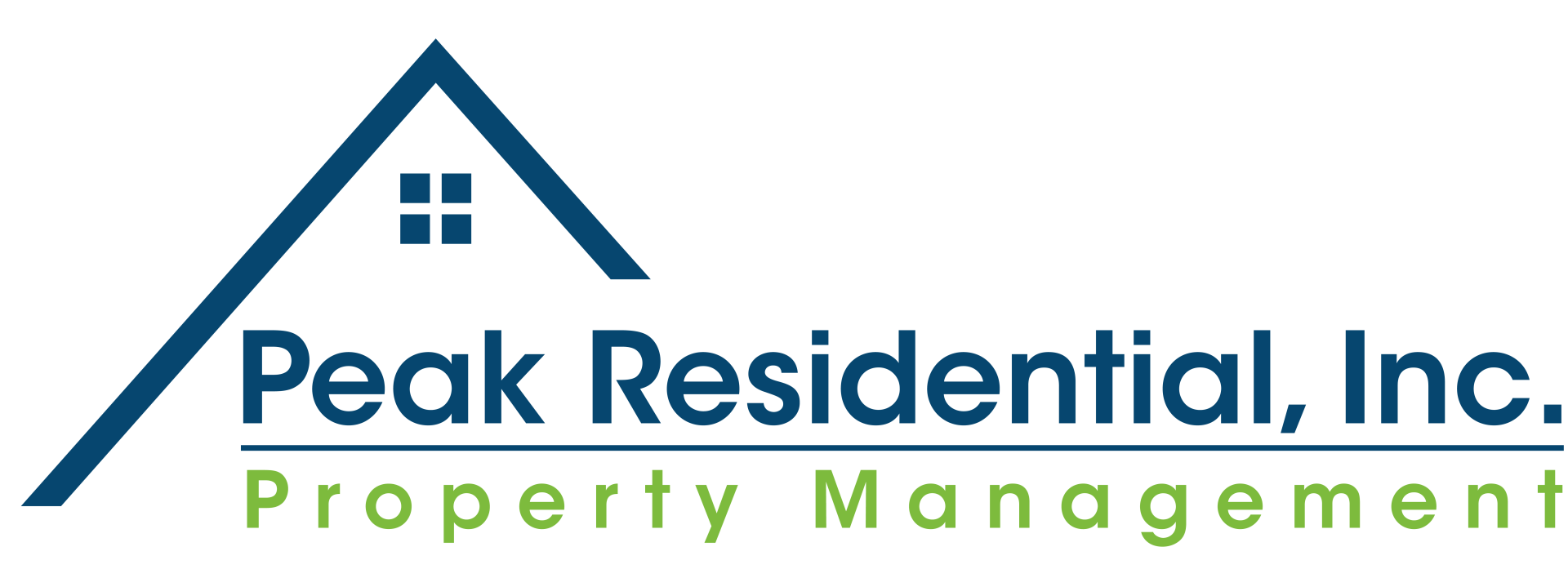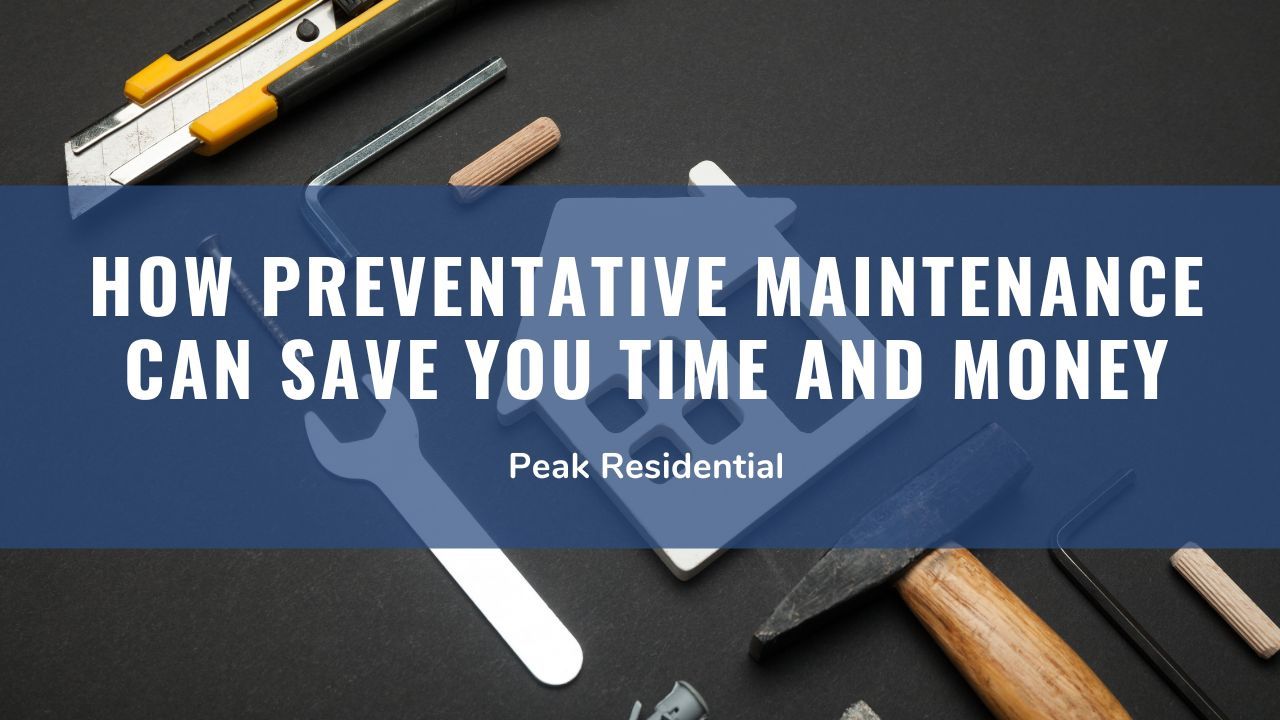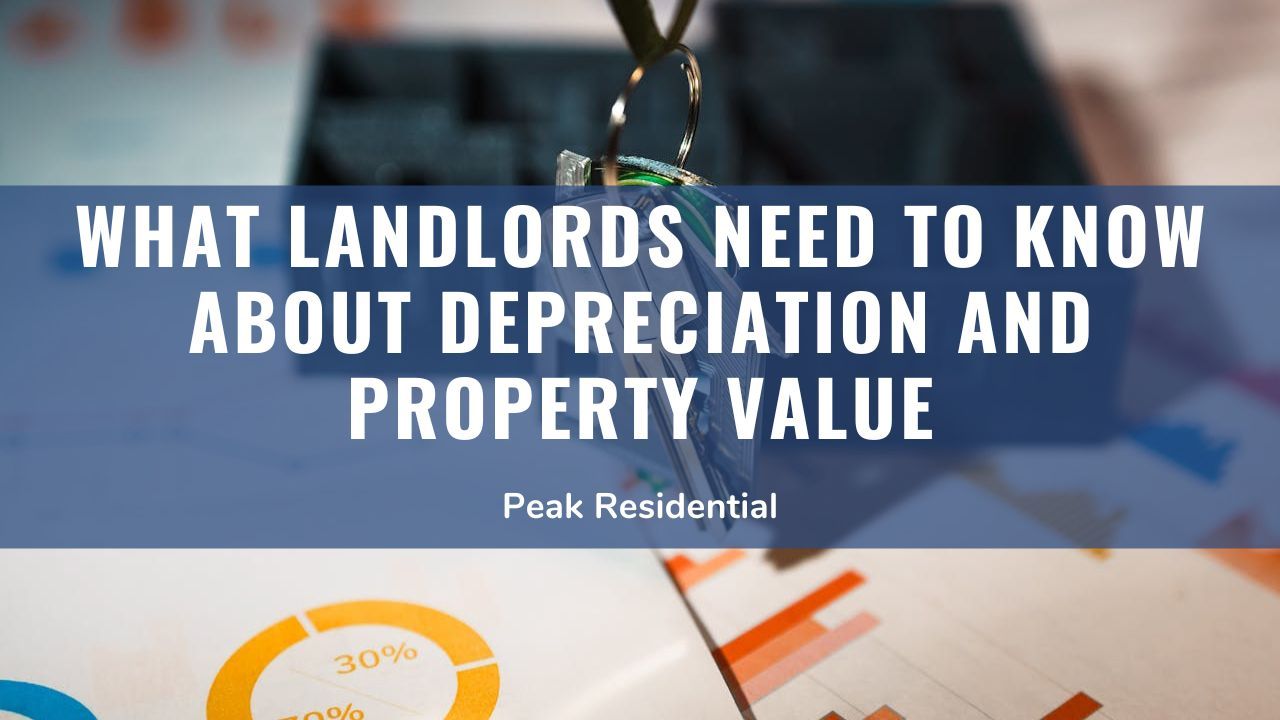Real estate appreciation is a concept that often excites property owners and investors alike. It refers to the increase in the value of a property over time, helping investors earn more profits from their investment property.
Unlike other investments, real estate tends to appreciate steadily, making it a favored choice for long-term investment. By understanding how appreciation works, the factors influencing it, and how to maximize it, you can make informed decisions whether you're a homeowner or a real estate investor.
Understanding Real Estate Appreciation
Unlike
depreciation, real estate appreciation is the increase in the value of a property over a certain period of time. This can be due to various factors, including economic conditions, improvements made to the property, and overall demand for real estate in a particular area. Appreciation can be categorized into two main types: natural and forced.
Natural Appreciation
Natural appreciation occurs due to market conditions. When demand for real estate in a particular area increases, property values tend to rise. Factors such as population growth, economic development, and low-interest rates can contribute to natural appreciation.
For instance, if a new company opens in a town and brings in jobs, more people may move to the area, increasing demand for housing and driving up property values.
Forced Appreciation
Forced appreciation happens when property owners take specific actions to increase the value of their property. This can include renovations, upgrades, or adding new features that enhance the property’s appeal and functionality.

For example, adding a new bathroom,
updating the kitchen, or improving landscaping can significantly boost a property's market value. Unlike natural appreciation, which is influenced by external factors, forced appreciation is within the control of the property owner.
Factors Influencing Real Estate Appreciation
Several factors influence real estate appreciation, and understanding these can help you anticipate potential increases in property value.
Economic Conditions
The overall health of the economy plays a significant role in real estate appreciation. When the economy is strong, employment rates are high, and wages are increasing, more people can afford to buy homes, driving up demand and property values. Conversely, during economic downturns, property values may stagnate or even decrease.
Location
The location of a property is one of the most critical factors in real estate appreciation. Properties in desirable areas with low crime rates and proximity to amenities such as shopping, dining, and public transportation tend to appreciate more rapidly.
Properties in growing areas with new infrastructure developments, such as highways or public transit expansions, can also see significant appreciation.
Supply and Demand
The basic economic principle of supply and demand also affects real estate appreciation. When there are more buyers than available properties, prices tend to rise. Conversely, if there are more properties than buyers, prices may fall.

Keeping an eye on housing market trends can help you gauge the supply and demand dynamics in your area.
Inflation
Inflation can impact real estate appreciation by increasing the cost of building materials and labor, which in turn raises property values. As the general price level of goods and services rises, so does the value of real estate.
However, it's essential to differentiate between nominal
appreciation (increase in property value due to inflation) and real appreciation (increase in property value after accounting for inflation).
Interest Rates
Interest rates influence real estate appreciation by affecting borrowing costs. When interest rates are low, more people can afford mortgages, increasing demand for real estate and driving up property values. Conversely, high interest rates can reduce affordability and demand, potentially slowing down appreciation.
How to Maximize Real Estate Appreciation
While some factors influencing real estate appreciation are beyond your control, there are several strategies you can employ to maximize the appreciation of your property.
- Invest in High-Growth Areas:
Research and identify high-growth areas with strong economic prospects. Look for regions with expanding job markets, new infrastructure projects, and a growing population. Investing in properties in these areas can increase the likelihood of significant appreciation.

- Renovate and Upgrade: Investing in renovations and upgrades can lead to forced appreciation. Focus on improvements that add value and appeal to potential buyers. Kitchens and bathrooms are often good areas to start, as they can significantly impact a property's desirability. Additionally, consider energy-efficient upgrades, which are increasingly popular and can reduce utility costs for future buyers.
- Maintain Your Property: Regular maintenance is crucial for preserving and enhancing your property's value. Address any issues promptly, such as roof repairs, plumbing problems, or pest control. A well-maintained property is more attractive to buyers and can command a higher price.
- Stay Informed: Keep up with real estate market trends and economic indicators. Understanding the factors influencing property values can help you make informed decisions about when to buy, sell, or invest in improvements. Stay connected with local real estate agents, attend industry seminars, and read market reports to stay ahead of the curve.
- Diversify Your Investments: While focusing on one property can be beneficial, diversifying your real estate investments can spread risk and increase your chances of appreciation. Consider investing in different types of properties, such as residential, commercial, or industrial, and in various locations to capitalize on different market dynamics.
Conclusion
Real estate appreciation is an important concept that every investor needs to understand, as this can greatly affect the profitability potential of an investment. By understanding the factors that influence appreciation and employing strategies to maximize it, you can make informed decisions that may enhance the value of your property over time, helping you gain better returns from your investment.
Whether through natural market conditions or forced improvements, real estate offers a unique opportunity for long-term wealth building. Keep an eye on economic trends, invest wisely, and maintain your properties to fully leverage the benefits of real estate appreciation. To help you make the right decisions, it’s best to partner with a reliable real estate service provider and property manager. Contact
Peak Residential for questions, and we will be happy to assist you.

Peak Residential, Inc.
8:30am - 12pm & 1pm - 5pm Monday - Friday (Office Visit by Appointment Only
Sitemap | Privacy Policy | Accessibility | DRE Lic #02133123
© All Rights Reserved.
Peak Residential, Inc.















